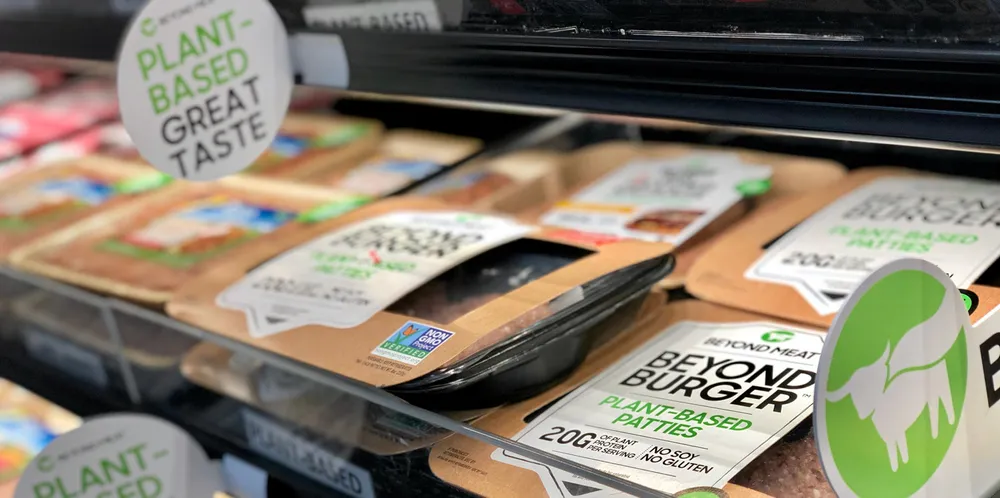'The death of the plant-based category has been much exaggerated': UK analyst says sector still has room to grow
Despite significant hype, sales of plant-based alternatives have slumped in recent months.

Despite significant hype, sales of plant-based alternatives have slumped in recent months.
